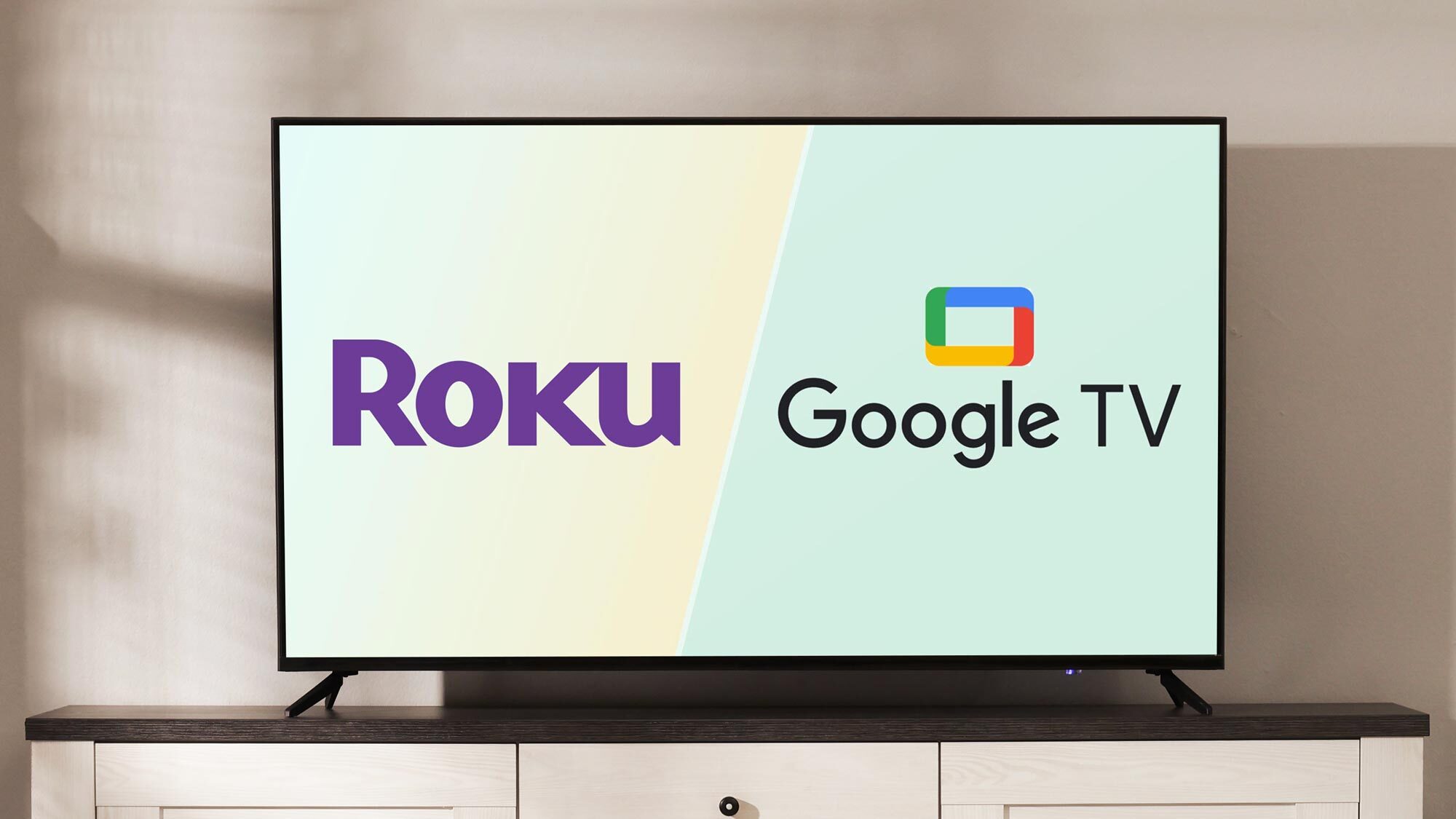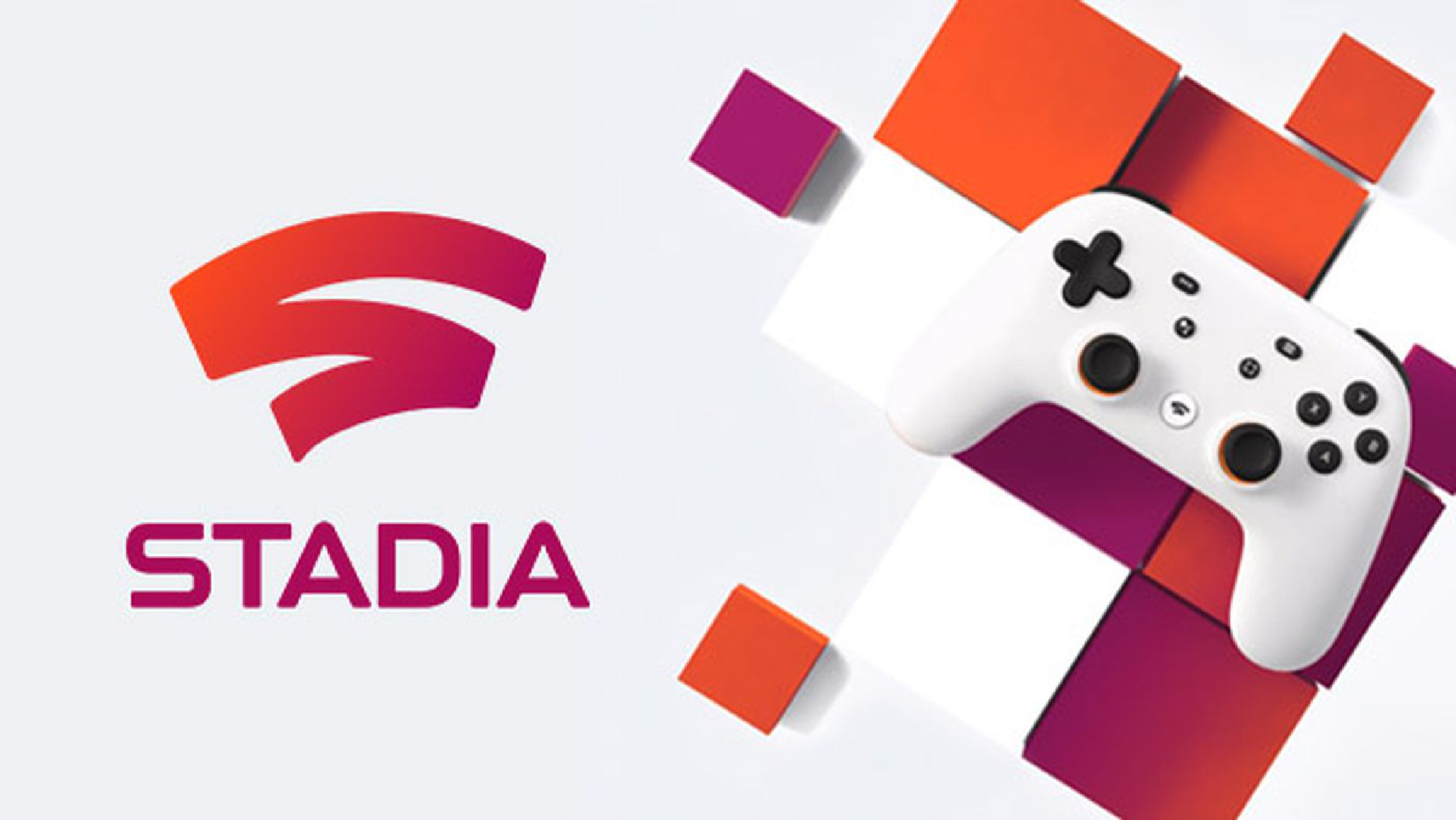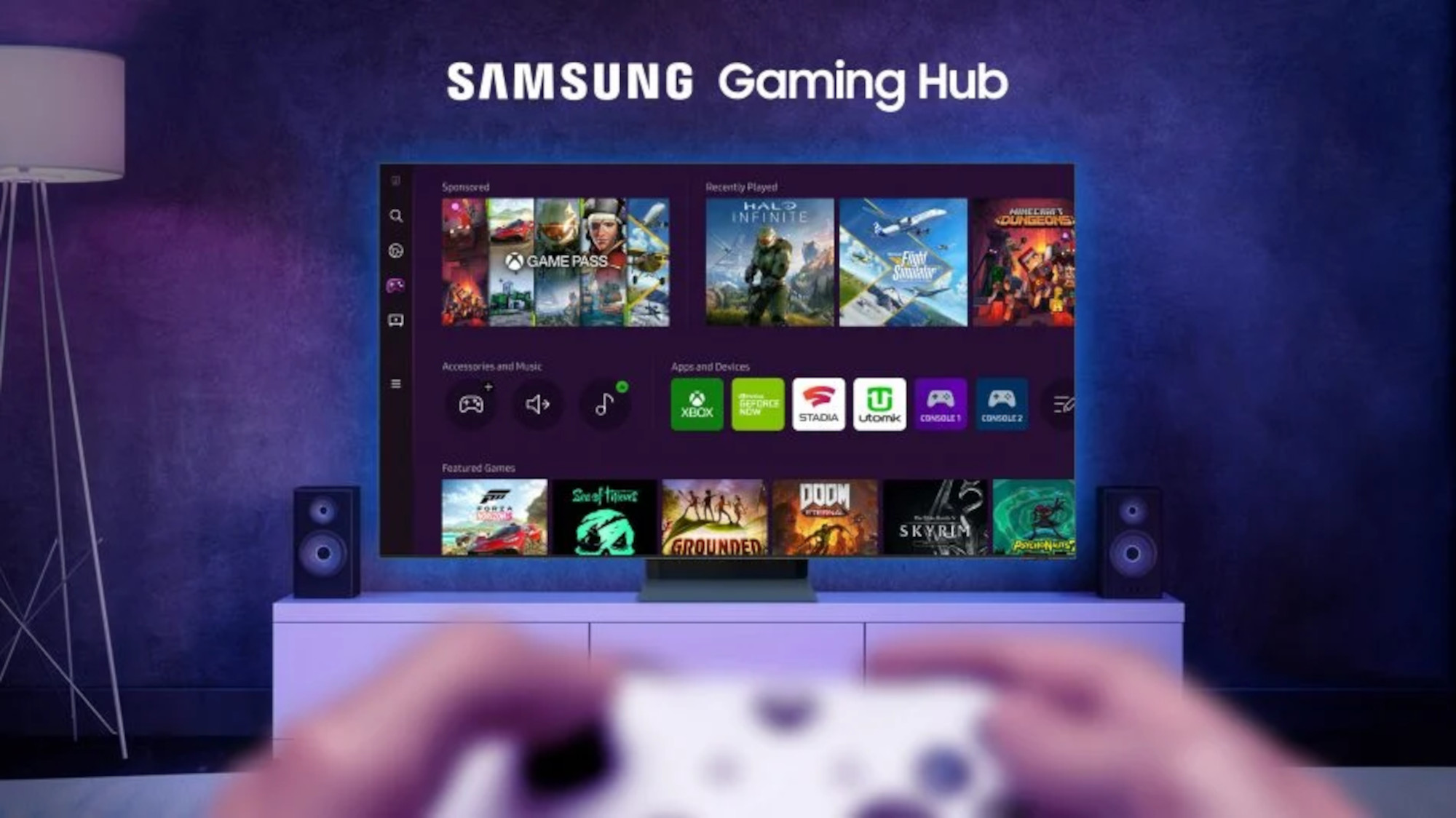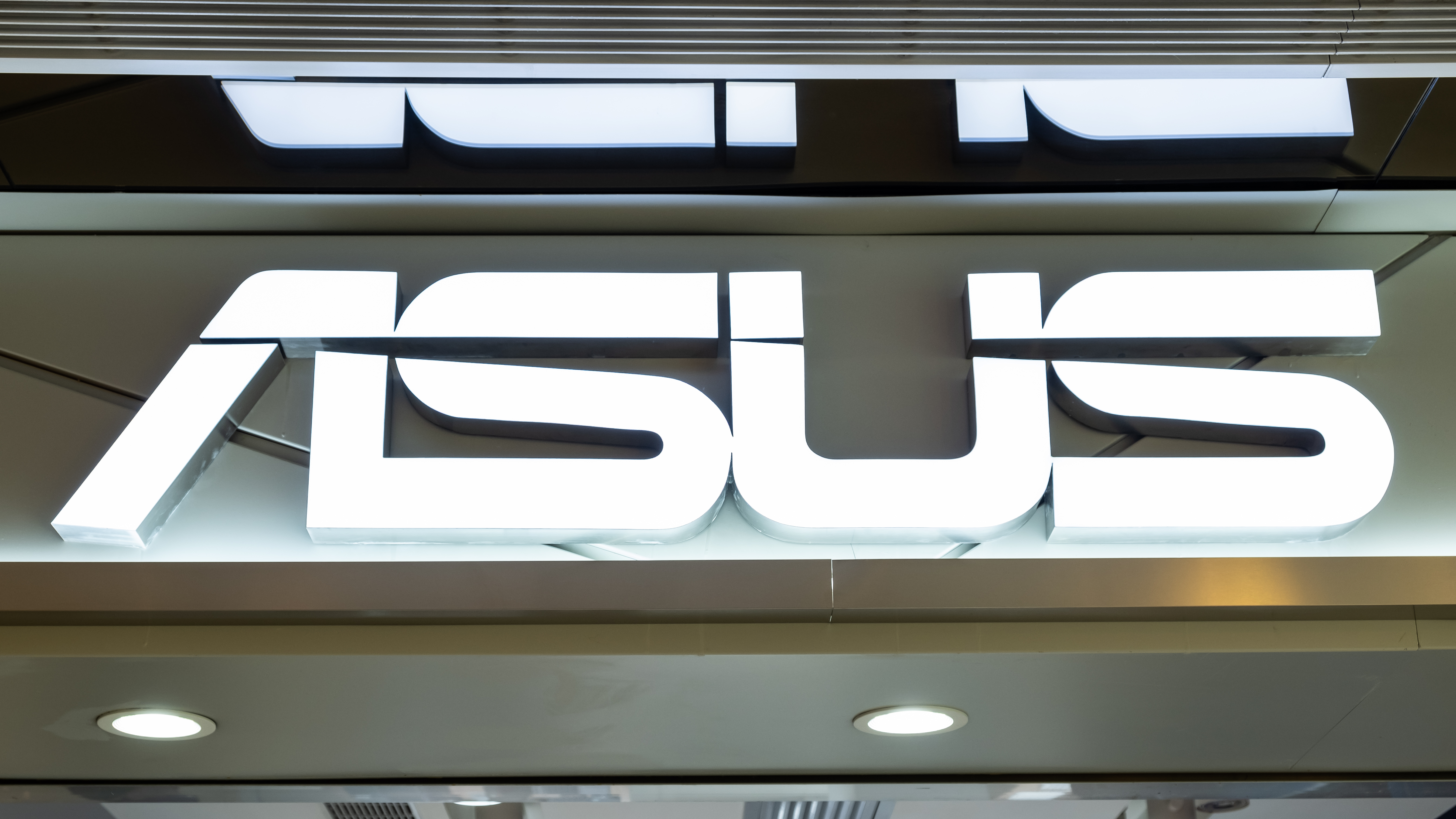
Roku and Google TV serve as two of the most robust TV interfaces in the market, offering all of the best streaming services with tons of free content to explore. But one thing in particular is missing from these two TV operating systems that could make them even more appealing for a wide variety of users.
This feature, one that Samsung has touted since 2022, offers users far more ways to play their favorite games, a still-budding enterprise that ironically Google missed with its botched Stadia service. Still, video game streaming and, more broadly, a dedicated gaming station on Google TV and Roku, would make for an even more tantalizing experience.
There’s no question the TV interface race is heating up even more now with the introduction of new players in Whale OS, Titan OS, and soon even an ad-supported version out of Sonos called Ventura OS. That’s why it’s imperative now more than ever for Roku and Google to step up their game, especially in the face of rivals like LG gaining traction in this space with its webOS getting some game streaming services of its own.
How would this take shape and, more interestingly, what could both Roku and Google TV do to combat these developments in their own way? Let's see how Roku and Google TV should take on Samsung's Tizen OS with their own game streaming options and how they can make their platforms better for gamers.
Bring Stadia back from the dead

Okay, hear me out. Stadia was a pretty bad platform to start, but I think if Google did some tweaking to the service it could be a hit on many of the best Google TVs and beyond. It cut the cord on Stadia in January 2023, which isn't surprising, given that you had to buy the games on top of paying a monthly subscription fee.
But a revived Google Stadia that mirrors something like Nvidia's GeForce Now, where you simply have to already own the supported games on another market to stream them, might be worthwhile — especially as video game streaming becomes more popular on TV sets. It's witnessed best in Samsung's Gaming Hub, home to a plethora of game streaming platforms like Xbox Game Pass and Nvidia GeForce Now.
And it's not like I'm saying Google shouldn't also try and get these platforms on its interface. More options is better for consumers, but why not have its own platform akin to Amazon's Luna, which itself blends well with Fire TV ecosystem — so much so that it's even selling its own Cloud Gaming bundle that includes a Fire TV Stick and Luna controller.
Roku, on the other hand, might be better off simply teaming up with Amazon, Nvidia, or even Google. The pair recently announced the arrival of the Roku Channel on Google TV, making it easier for users to find more free content on Google TVs. What if Google brought back Stadia and announced a partnership with Roku in the same breath, bringing the revived platform to TVs with both the Roku and Google TV interface?
That sounds particularly interesting, highly doubtful as it might be. Still, it's obvious seeing so many other TV interfaces take such an emphasis on gaming that Roku and Google TV need to invest more in this area. And the buck doesn't simply stop at getting some form of a cloud gaming service on either of their interfaces.
A full gaming hub and optimizer

But it's not just the actual platforms and services themselves that Roku or Google TV needs. It's also a dedicated gaming bar built out with an optimizer that gives users far more control over how their TV displays their favorite video games. It's actually incredibly surprising to me how Google hasn't already introduced something like this, seeing as models that use it tend to be some of the best gaming TVs, one of which in particular being the Hisense U7K.
With a game bar and optimizer, users can easily change specific game-related settings, like toggling VRR or ALLM if the TV supports it, plus changing picture modes pertaining to specific game genres, like RPG or FPS. Even audio changes can be made much more easily on the fly and gives users a more robust experience.
Samsung's Tizen OS is a great emulator for this kind of thing. Its Gaming Hub is almost its own separate world entirely, giving you tons of customizability and features tailored specifically for gaming. It's taking the pastime so seriously that Samsung is even making its own games in such titles as The Six and Rivals Arena, the latter of which was developed in partnership with Return Entertainment.
Roku has a pretty good base for this. It already has a well-streamlined platform with its own interesting attention-grabs, namely its Roku City platform. Now imagine if Roku City was entirely interactive in some capacity? What if you could control the cars or make them drive faster? What if you could even design your own Roku City Easter eggs that only are shown only on your TV?
That's just one small concept Roku could work with in making its platform that much more engaging. As for Google TV, it doesn't have too much in terms of interactivity, but maybe it could hit the drawing board in building something kind of like Samsung's The Six, a super simple trivia game that requires nothing more than your TV's remote.
It is important to note that one of the major reasons Stadia died was due to Google's little to no knowledge in making games. As one Wired article notes, quoting several internal and external Stadia employees at the time, "[Google never could wrap its head around game development." So maybe game-making shouldn't be in its strategy, but working with external developers isn't off the table.
No matter how it takes shape, it's clear that both Roku and Google TV desperately need some kind of gaming hub. It's surprising how little both companies seem to give gaming any attention at all, with smart home features now proving more important in the face of new products like the Roku Ultra (2024) and Google TV Streamer, both of which forego any form of gaming features.
More from Tom's Guide
Sign up to get the BEST of Tom's Guide direct to your inbox.
Get instant access to breaking news, the hottest reviews, great deals and helpful tips.

Ryan Epps is a Staff Writer under the TV/AV section at Tom's Guide focusing on TVs and projectors. When not researching PHOLEDs and writing about the next major innovation in the projector space, he's consuming random anime from the 90's, playing Dark Souls 3 again, or reading yet another Haruki Murakami novel.
